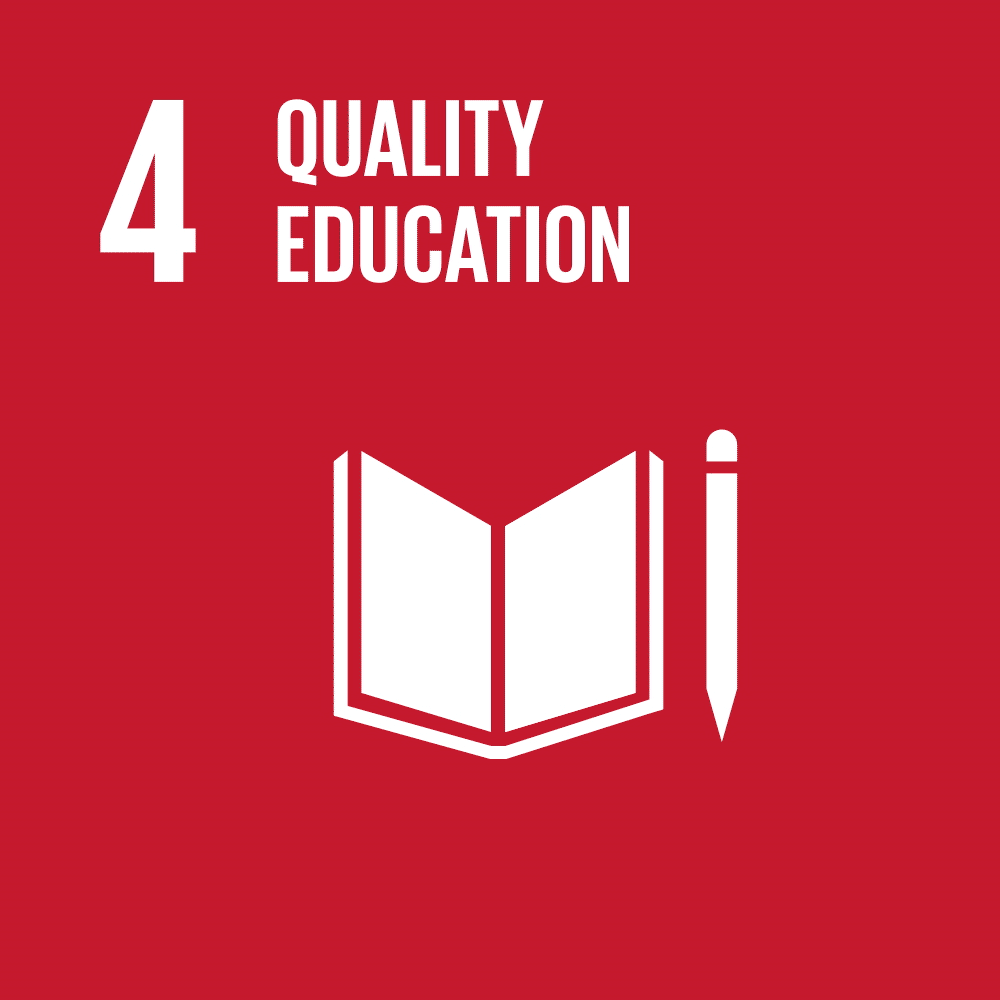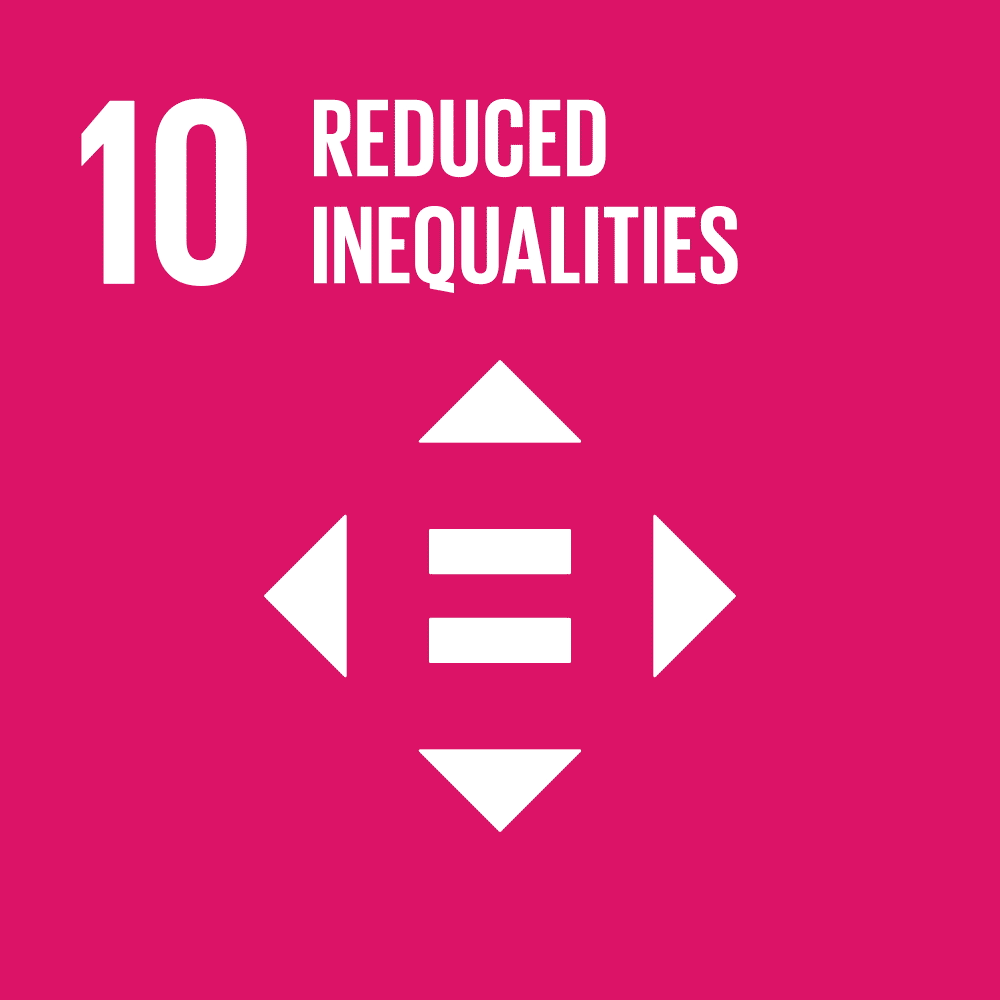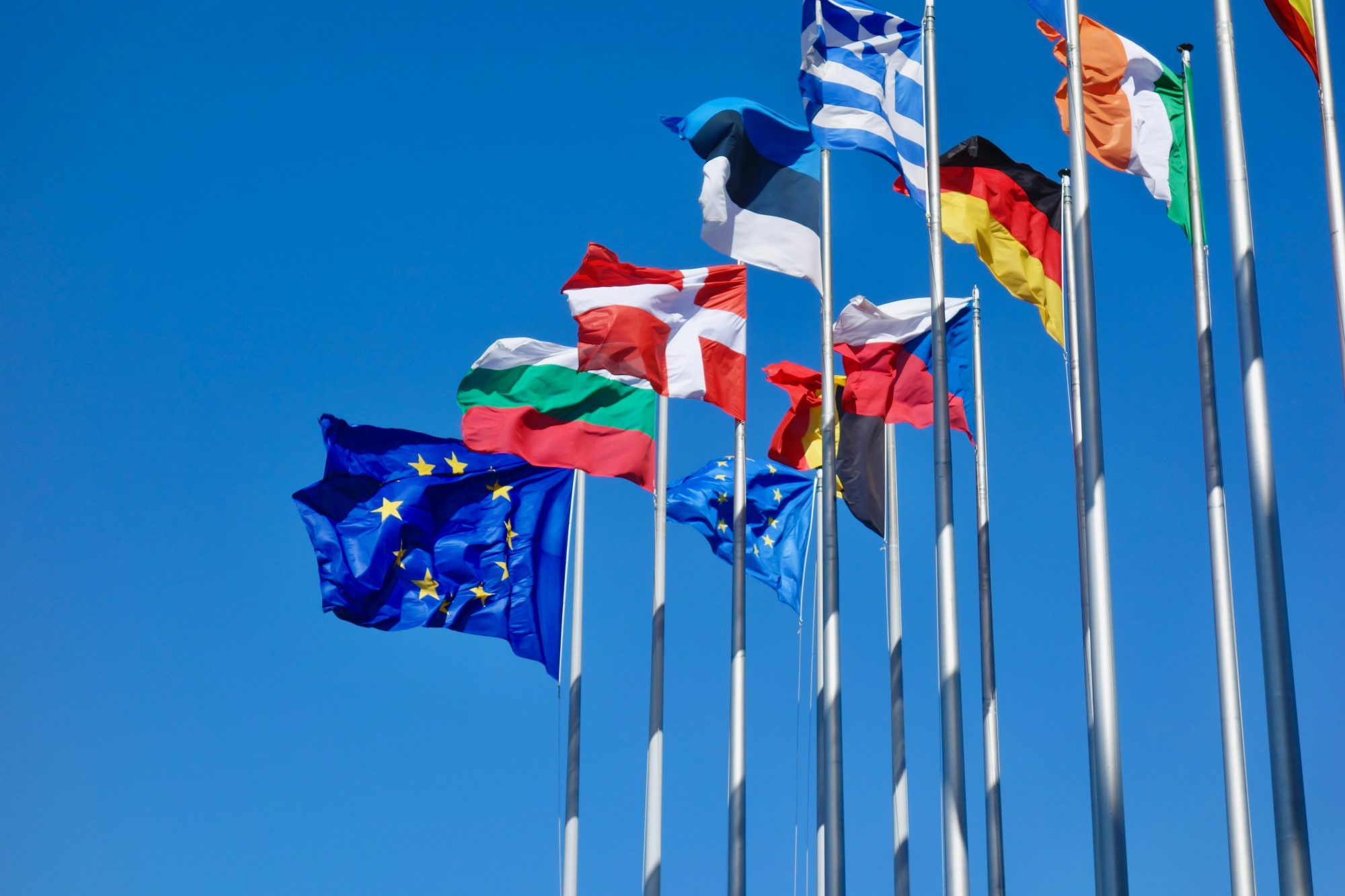Towards a Deeper Understanding and Sustainable Transformation of Education Systems and Curricula
A Space for Reflection and Action in Service of Academic Institutions
The education and higher education sector is at a historic turning point. Confronted with globalization, marketization, digital transformation, and growing inequalities, it requires informed responses and bold initiatives.
We place research, critical analysis and collaborative action at the heart of our approach. Our aim is to support universities, educational institutions and policy-makers in their quest for excellence and societal impact.
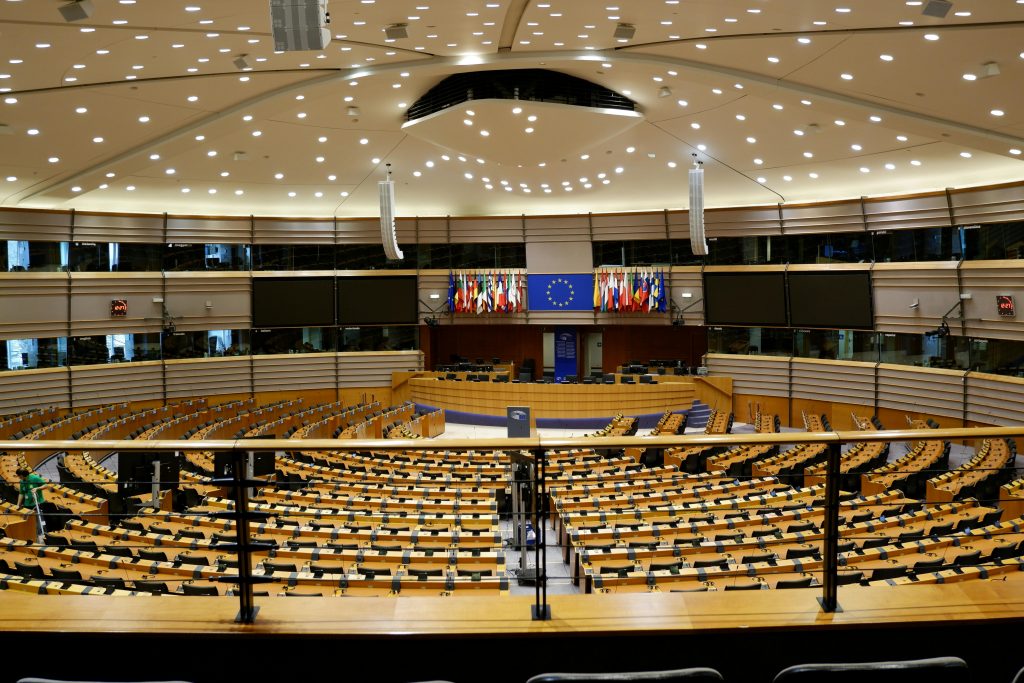
Educational Policies and Governance
Educational reforms and the strategic choices made by governments and institutions play a central role in the transformation of education systems. We contribute through in-depth analysis and actionable recommendations.
Institutional Strengthening: Advisory services to enhance governance, resource management, and innovation.
Comparative Analysis: Studies of models in Europe, Africa, and Asia to identify transferable best practices.
Performance Indicators: Development of evaluation tools and strategic frameworks to guide reforms. Assistance in designing and implementing national, European (Erasmus+, ESF), and non-EU (UN, UNESCO) projects.
Internationalisation and Policies for Student and Academic Mobility
Internationalisation is a key driver in the evolution of education systems. WWe support institutions at every stage of their transformation to integrate into the global academic landscape.
Analysis of Mobility Dynamics: Study of student and academic mobility flows, identifying barriers and opportunities to optimise mobility.
Mapping Academic Ecosystems: Assessment of inter-university networks, bilateral agreements, and joint programmes.
Strategic Guidance: Development of roadmaps to enhance international visibility and improve global rankings (ARWU, Times Higher Education, QS, etc.).
Regional Focus: Comparative analysis of regional strategies, particularly in Asia, Africa, Europe, and the Middle East.


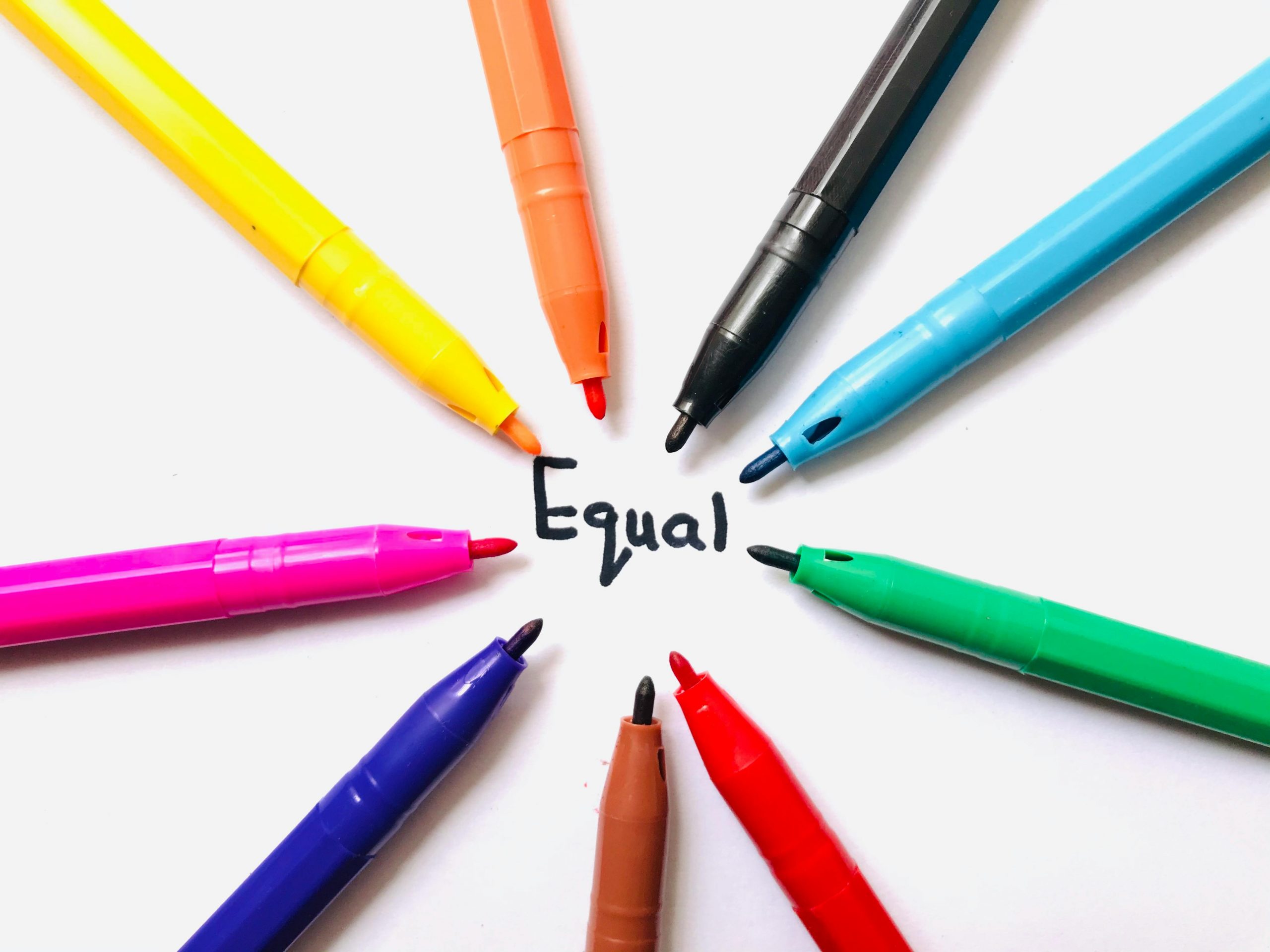
Sustainability and Inclusion
Sustainability and equity are at the heart of our mission. We believe that education should serve as a catalyst for reducing inequalities and addressing current social, economic, and environmental challenges.
Integrating the Sustainable Development Goals (SDGs): Designing academic programmes that connect disciplinary knowledge with national and international frameworks.
Promoting Equity in Access to Higher Education: Studies on financial, cultural, and structural barriers limiting educational opportunities.
Diversity and Inclusion Policies: Supporting institutions in creating fair and inclusive learning and academic environments.
International Collaborative Projects: Partnerships to co-develop local and global solutions for sustainable education.
Fostering Citizenship and Peace Education: Simulated democratic debates and online workshops to promote intercultural collaboration and empathy.
Pedagogical Innovation and Emerging Educational Challenges
21st-century education faces major challenges, including school violence, cyberbullying, discrimination, and ethical dilemmas. Pedagogical innovation is essential to addressing learners’ needs in a rapidly evolving world.
Addressing New Educational Issues
Special educational needs; School climate, (cyber)violence and (cyber)harassment in schools; Combating discrimination and gender equality:
Developing educational modules to raise awareness among teachers and students about these issues.
Designing strategies based on the latest international research to effectively prevent and respond to such challenges.
Creating educational programmes on inclusion, interculturality, and citizenship.
Integrating inclusive approaches and using interactive platforms to engage students in complex issues (conflict resolution, intercultural simulations, peace education).
Training for Change
Enhancing Pedagogical Skills: Integrating innovative approaches and digital tools for teachers.
Raising Awareness of New Methodologies: Addressing sensitive topics with methodological rigour and empathy.
Workshops on Managing Complex Situations: Tackling value conflicts, social pressures, and neutrality issues.
Institutional Support: Establishing clear and adapted ethical frameworks.


